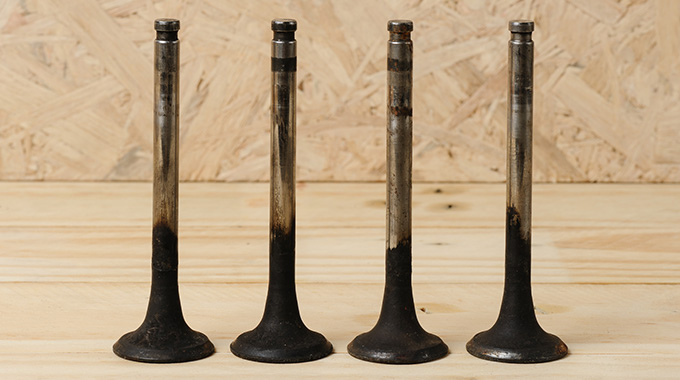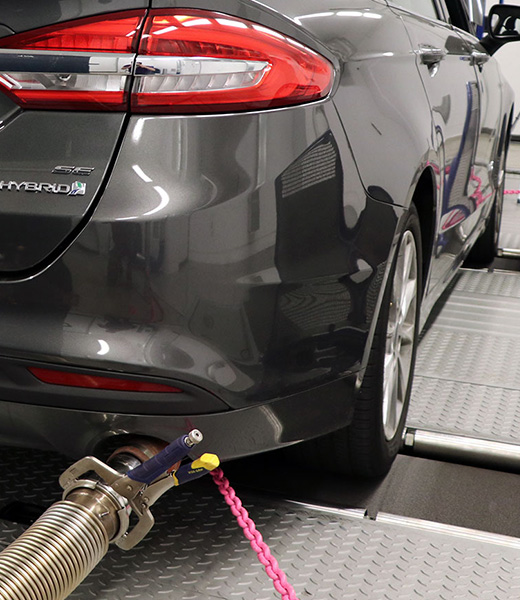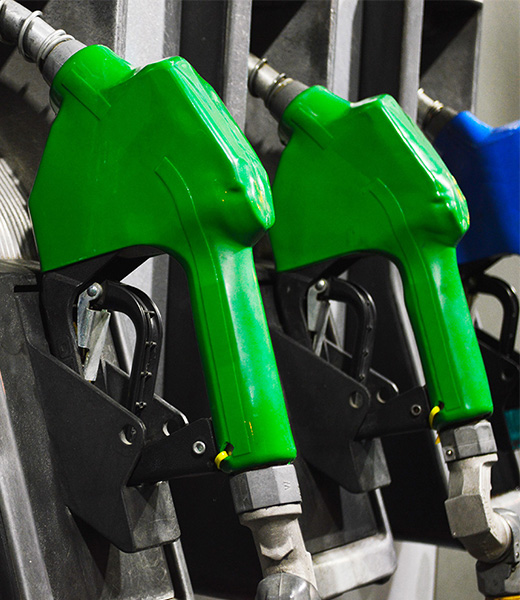You’re at the pump, and consider refueling with premium gas. It’s only a few cents more per gallon, and it must be better for your vehicle, right?
A recent AAA study found that changing the octane of your fuel actually doesn’t help the vehicle if the manufacturer doesn’t suggest doing so. If regular gasoline (usually 87 octane) is recommended for your car, using a higher octane will not lead to any added benefits—you’d simply be wasting money, and spending a few more cents per gallon adds up. In fact, AAA has estimated that Americans waste $2.1 billion a year buying high-octane fuel when it isn't recommended by manufacturer.
It is worth noting that increasingly, modern vehicles are requiring higher-octane fuel to improve performance and efficiency. AAA's study only examined vehicles that do not call for premium gasoline. If your vehicle manufacturer advises using mid-grade or premium fuel, it is best to follow that recommendation.
Separate AAA research on annual driving costs from 2017 suggests that fuel is the second most expensive aspect of owning a vehicle, with the average car owner spending $1,500 on gasoline per year.




